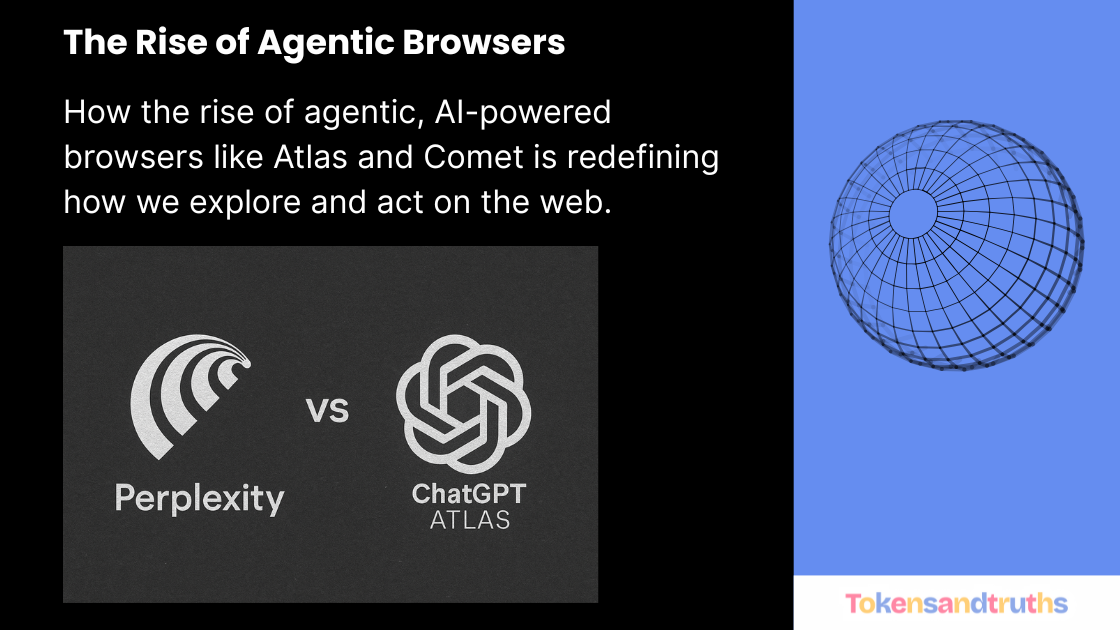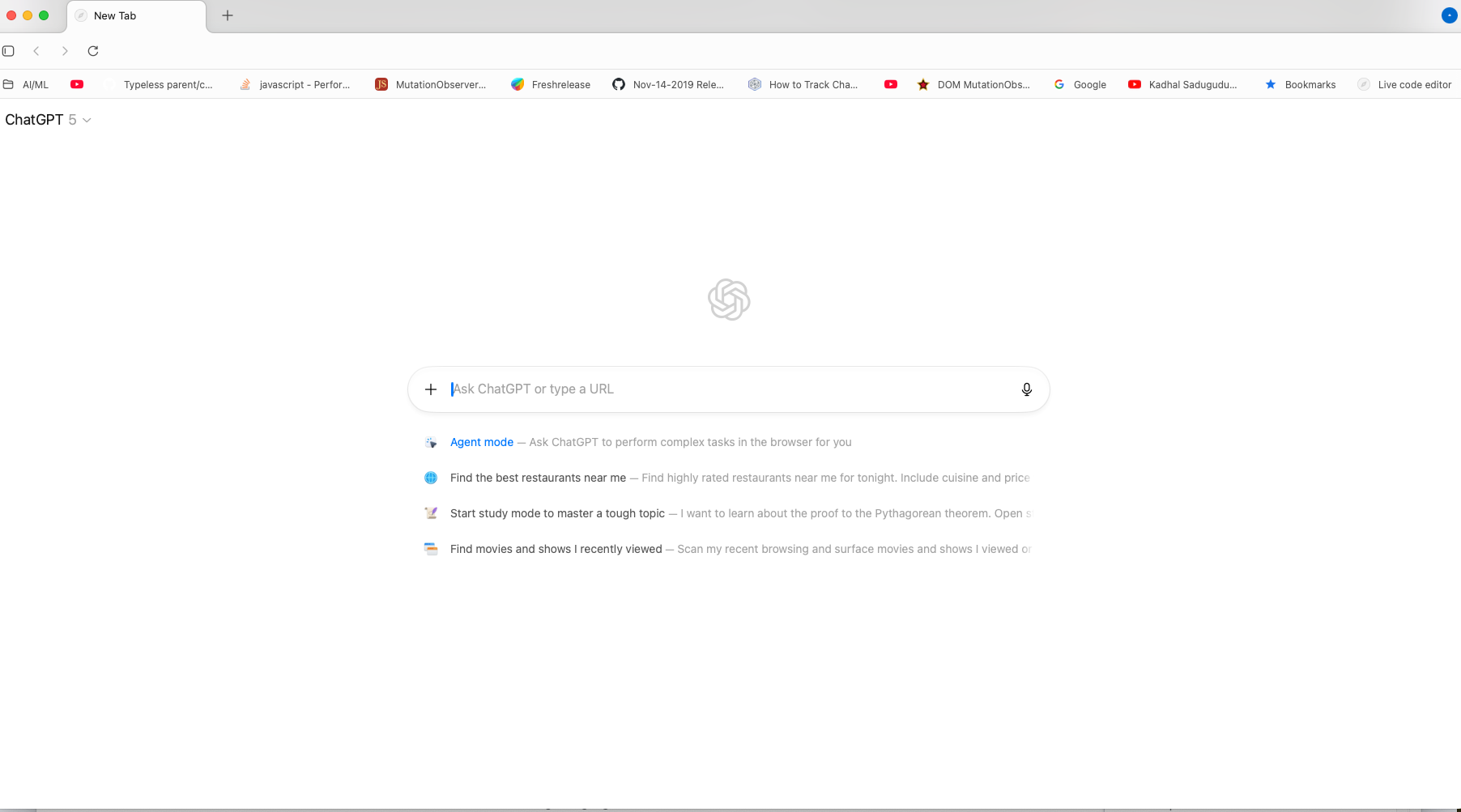AI Browsers: A New Era Begins

In 1993, the concept of the web browser was born. It became the gateway that allowed us to visit specific web pages for the first time. The very first browser, Mosaic, changed how we interacted with the internet. Soon after came Netscape Navigator and Internet Explorer, each defining a generation of how people experienced the web.
My first personal browser was Mozilla Firefox. I still remember installing the Firebug add-on, the tool that laid the foundation for today’s modern developer consoles. For anyone who has ever inspected a webpage or debugged CSS, Firebug was the origin story.
Then, in 2008, came Google Chrome, and it changed everything.
HTML5 replaced the need for third-party plugins like Adobe Flash to watch videos or create animations. Suddenly, the web was faster, cleaner, and more capable. I still remember reading Google’s interactive e-book, 20 Things I Learned About Browsers and the Web; it made even the technical side of the web feel approachable.
Chrome wasn’t just another browser; it was a movement. It brought speed, simplicity, and developer-friendly tools that empowered creators.
From 2010 to 2025, Chrome was my default browser, a loyal companion for work, research, and development. But after 15 long years, I can feel it: a new shift is happening.
The Agentic Browser Era Has Begun
We are entering what I like to call the Agentic Browser Era, a time when browsers don’t just display the web, they act on it.
With the rise of AI-powered browsing, companies like Perplexity and OpenAI are redefining what a browser can do. Perplexity’s Comet browser was one of the first to embrace this idea, a browsing experience where AI is your copilot, helping you search, summarize, and understand the web intelligently.
Then came ChatGPT Atlas, OpenAI’s take on the future of browsing, and it is impressive.
A Glimpse Into the Future with ChatGPT Atlas
With ChatGPT Atlas, I don’t have to do mundane tasks anymore. Reading competitor reviews, summarizing emails, scanning my calendar, extracting details from web pages, or even accepting LinkedIn connection requests, all can be done with a single instruction.
And when combined with Agent Mode, Atlas truly feels alive.
Imagine this:
- Need to read about a topic? Just ask.
- Want to automate a task? One command.
- Looking to create an image or conduct deep research? It’s all in one place.
No need to open ten tabs or manually dig through search results. You simply describe what you want, and Atlas figures out the rest.

Atlas vs. Comet: Two Visions of the Future
I have tried both Comet and Atlas, and while both are remarkable, Atlas feels more mature. OpenAI’s ecosystem, spanning ChatGPT, DALL-E, and advanced AI agents, gives Atlas a strong foundation that is hard to match.
Comet, on the other hand, is beautifully minimalistic and fast, especially for research and reading tasks. But Atlas goes beyond; it is a full agentic platform. It doesn’t just answer questions; it can act, automate, and integrate seamlessly with your workflow.
For now, Atlas is available only for macOS, but I expect it to expand soon.
If you are curious, you can check it out here:
Introducing ChatGPT Atlas
And you can download Comet through your Perplexity account.
The Browser Is Evolving Again
For decades, browsers have been our window to the internet. But today, they are becoming partners, intelligent, action-oriented agents that can think, reason, and execute.
This shift from “search and click” to “ask and act” might be the biggest change in computing since the smartphone revolution.
The Agentic Browser Era has just begun.
Try out Atlas and Comet, explore what is possible, and experience firsthand how AI is transforming not just how we browse, but how we work.
